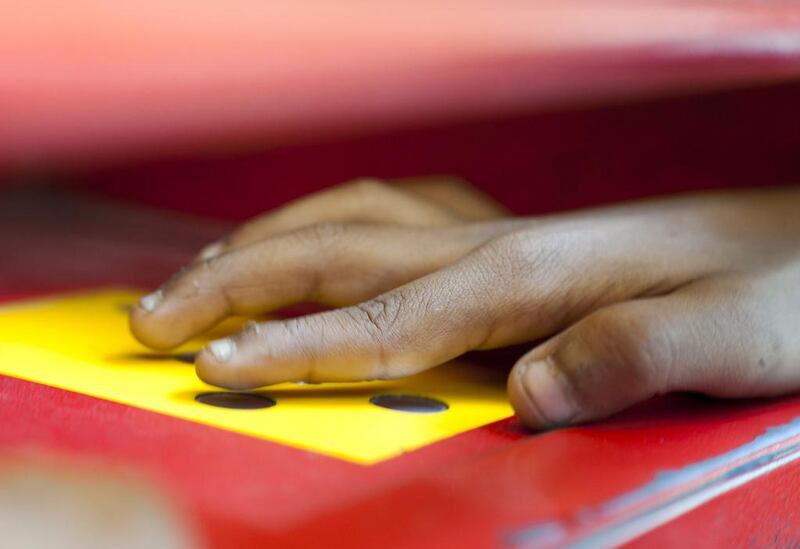After years of drafts, discussion and revision, the new Child Protection Law comes into force next month, placing the responsibility for protecting children on each and every one of us. Teachers, doctors, social workers and even neighbours are required to help those in authority if they sense that abuse or negligence has taken or is taking place. Abusive parents and negligent caregivers will have to answer for their actions.
The law clearly establishes what is acceptable behaviour – and, indeed, what is not – when dealing with children. It will require parents to recognise and understand the difference between what they consider discipline and what actually constitutes abuse. As we have discussed before, discipline was previously considered a private matter. As a result, some abusive practices were carried out under the cover of so-called discipline.
Fundamentally, the law establishes neglect as a serious crime. The penalties extend up to a custodial sentence of 10 years. It also constructs a clear path towards such a long jail sentence, with parents and caregivers issued with three written warnings before harsher penalties can and will come into play.
But the law includes some clauses that need further clarification. For example, it encourages members of the public to report suspected abuse by taking a picture and sending it to the authorities. As The National reported, it has been deemed appropriate to take photos of cars in which children are seated in the front and report this to the police. At the same time, there are federal and local regulations that protect the right to privacy and which, in theory, could render the dissemination of such images an offence.
The next step is to train those who work with children to detect signs of abuse and know how to deal with the situation in a way that can help the child rather than cause any further distress.
Reporting should also be made easier by having a unified chi protection helpline number for the entire country. As The National reported yesterday, this could be used to build a national database of more accurate and informed statistics that would inform future policies and help law enforcement agencies.
There must also be comprehensive efforts to educate the public about the law. Any new legislation requires awareness campaigns – it is in all our interests to get everyone on board with what is one of the most significant laws of our times.





